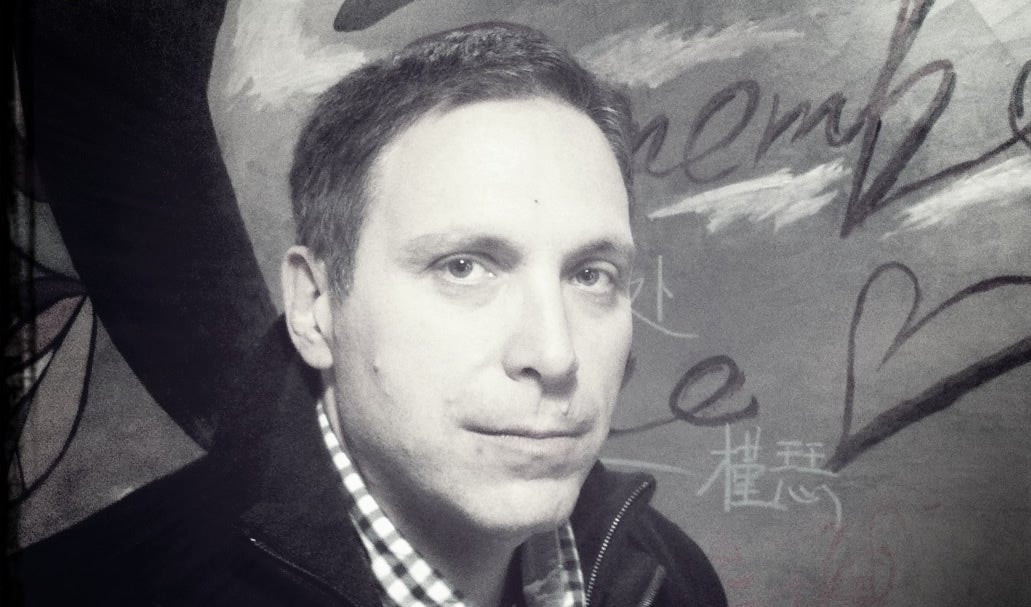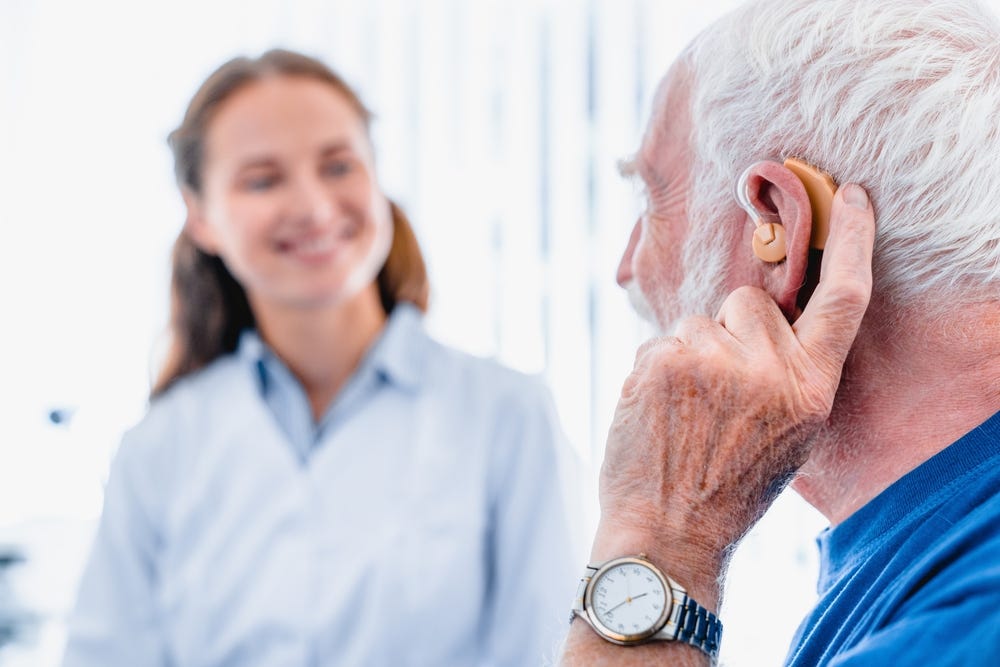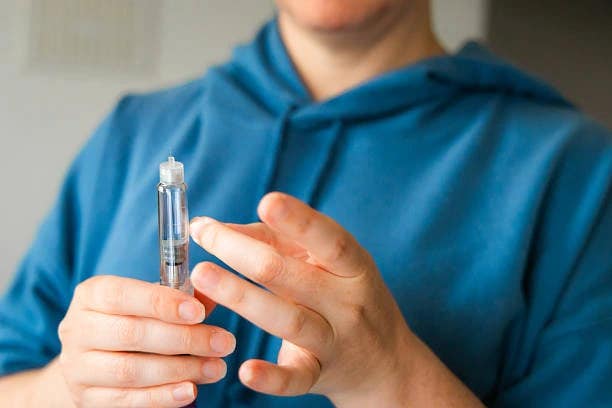Scientists discover a hidden connection between type 2 diabetes and hearing loss
A new study shows that people with type 2 diabetes face a much higher chance of hearing loss, especially at high frequencies.

 Edited By: Joseph Shavit
Edited By: Joseph Shavit

New analysis links type 2 diabetes to much higher rates of hearing loss. (CREDIT: Shutterstock)
For many people, diabetes brings to mind concerns about the heart, eyes, kidneys, and nerves. A growing body of research now points to another part of the body that may be quietly affected long before you notice anything is wrong. Your hearing may be at risk when you live with type 2 diabetes, and a new study brings that reality into clearer focus.
Researchers from Hospital Clínic and Universitat de Barcelona reviewed years of data and found a strong link between type 2 diabetes and hearing loss. Their work, published in Otolaryngology–Head and Neck Surgery, gathered findings from 17 studies that included nearly 8,000 adults. The results were hard to ignore. People with type 2 diabetes faced more than four times the risk of hearing loss compared with those without the condition.
What the Researchers Found
The research team searched for studies published between 2019 and 2024 and focused on adults diagnosed with type 2 diabetes. They looked only at studies that used reliable hearing tests like pure tone audiometry and standard medical criteria for diabetes. After a long and careful selection process, they analyzed 3,910 people with diabetes and 4,084 without it.
Hearing loss in these studies was usually defined as hearing thresholds of at least 25 decibels in the worse ear. That level marks the beginning of mild hearing loss. Across nine studies that reported how many people had hearing problems, the numbers ranged from about 40 percent to nearly 72 percent in those with diabetes. In some studies that included older adults or those who had lived with diabetes for many years, the rates were even higher.
When the authors combined data from four strong studies, they found that the odds of hearing loss were 4.19 times higher among people with type 2 diabetes. Most people had mild hearing loss, something that might be easy to miss in everyday life, yet still meaningful because it can worsen slowly over time.
Why Duration Matters
One of the most striking patterns in the study involved how long someone had lived with diabetes. Three studies provided detailed information on disease duration. When researchers compared people who had diabetes for less than 10 years with those who had it for at least 10 years, they found a doubling of risk. The odds ratio was 2.07, meaning those with a decade or more of diabetes were twice as likely to show measurable hearing loss.
Age made the picture more complex. Hearing naturally drops as you get older. Even so, several studies showed that younger adults with long-standing diabetes had hearing problems similar to older adults without diabetes. That finding suggests that diabetes itself, not just aging, may be driving some of the decline.
Researchers also explored whether gender influenced hearing loss. After looking at over 6,000 men and women with diabetes, they found no significant difference. Simply being male or female did not change the overall risk.
Hearing Thresholds and Blood Sugar Levels
To understand how hearing changes in diabetes, the team looked at hearing thresholds across different frequencies. In five studies involving more than 5,700 people, those with diabetes had hearing thresholds that were an average of 3.19 decibels higher than people without diabetes. That difference may seem small, but it suggests that the inner ear is under stress.
The change was more noticeable at higher pitches, which are important for clarity in speech. At frequencies between 4,000 and 8,000 hertz, the difference rose to 2.3 decibels. Difficulty detecting high-pitched sounds can make it harder to follow conversations, especially in places with background noise.
Blood sugar control also played a role. In studies that compared HbA1c, the marker of long-term glucose levels, people with moderate or severe hearing loss had higher HbA1c scores than those with normal hearing. In the group with the most significant hearing problems, HbA1c levels were almost a full percentage point higher. That gap suggests that chronic high blood sugar may damage the tiny blood vessels and cells inside the cochlea in the same way it affects blood vessels in the eyes and kidneys.
What This Means for Your Health
The study had limitations. Not every study measured the same frequencies or used the same definitions of hearing loss. Most were observational, which means they cannot prove that diabetes directly causes hearing loss. Even so, the consistency across many independent studies gives weight to the findings.
If you live with type 2 diabetes, the message is clear. Hearing problems are common, often subtle, and may appear earlier than you expect. They also seem to get worse with time, especially when blood sugar remains high. Your hearing health may be an important part of your diabetes care, just like checking your eyes or kidneys.
Clinicians may also use hearing changes as another clue that the body is experiencing long-term effects of high blood sugar. When a patient reports new trouble hearing, it may be worth checking for other diabetes complications or adjusting treatment goals.
This research adds a new and personal reminder. Diabetes does not affect only the organs you expect. It can also touch the sounds and voices that help you feel connected to the world.
Research findings are available online in the journal Otolaryngology.
Related Stories
- Researchers discover genetic cause of hearing loss and identify possible treatments
- Gene therapy restores hearing in deaf children and adults
- Hearing impairment linked to Parkinson's disease risk
Like these kind of feel good stories? Get The Brighter Side of News' newsletter.
Joshua Shavit
Writer and Editor
Joshua Shavit is a NorCal-based science and technology writer with a passion for exploring the breakthroughs shaping the future. As a co-founder of The Brighter Side of News, he focuses on positive and transformative advancements in technology, physics, engineering, robotics, and astronomy. Joshua's work highlights the innovators behind the ideas, bringing readers closer to the people driving progress.



